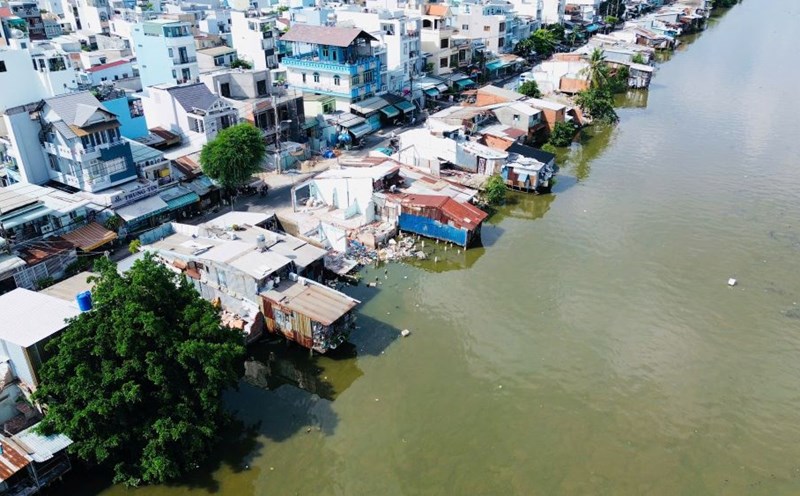The White House has said homeless people in Washington, D.C., could face prison terms if they do not comply with President Donald Trump's campaign to eliminate campuses and reduce crime in the capital.
White House spokeswoman Karoline Leavitt said they will be given the choice to leave, go to temporary shelters, receive smuggling or mental health care. If they refuse, they could be fined or detained.
Leavitt said the government is considering a plan to move the homeless away from the capital. Since March, the US Park Police have removed 70 tent areas in the federal park and are expected to clear the remaining two points this week.
Andy Wassenich, chief policy officer at Miriam's Kitchen, said his team has warned the homeless community but there are still concerns and uncertainties about the impact of the campaign. His advice is to seek safe shelter or take shelter with acquaintances if possible.
Trump has said he would address homelessness in Washington, D.C even before taking temporary action to take over the City Police Department and deploy 800 National Guard soldiers and 500 federal law enforcement officers. He described the homeless as one of the groups that have "captured" the capital, alongside "violent gangs, cold-blooded criminals, extremist youth and drug addicts". He compared the campaign to measures to tighten the US-Mexico border.
According to the latest report from the US Department of Housing and Urban Development (HUD), the number of homeless people nationwide will reach a record of more than 771,000 people in 2024. In Washington, D.C., the figure is 5,616, up 14.1% from the previous year, equivalent to 83 homeless people per 10,000 people - the highest rate in the country.
However, Mr. Wassenich said that he has not seen a clear impact of increasing law enforcement forces for homeless people, as many tents still exist and people still sleep on the streets. In the 11.8 search, 850 federal officers and agents made 23 arrests, but did not record any cases of homeless people being caught up in the operation.
Trump's actions are based on the Home rule Act, which allows the president to take over the capital's police force for 30 days when declaring a state of emergency, ignoring the authority of local leaders elected by the people.











